This report aims to identify the root causes and consequences of sexual and gender-based violence (SGBV) in Sierra Leone and provide evidence that will form the basis for targeted policy recommendations to respond to and prevent this phenomenon. The study adopted a mixed methods convergent parallel design, combining qualitative and quantitative methods to identify and analyse the trends and patterns behind the cultural and socioeconomic drivers of SGBV in the country. With regards to qualitative methods, the authors used and adapted the ecological framework to first map and review over 50 pieces of literature, and second to categorise the identified drivers in the literature into 5 different levels of analysis: individual, relational, community, institutional and shock-related. To validate and complement the findings from the review of the literature, focus group discussions with members of civil society and governmental actors were conducted, as well as key informant interviews with survivors of SGBV in Sierra Leone. The interviews were led by the non-governmental organisation Rainbo Initiative, with the support and assistance of the United Nations Development Programme (UNDP). With regards to quantitative methods, the authors mapped, accessed, and analysed different national and international data sources in order to inform which drivers mapped in the literature might have a higher influence on the prevalence of SGBV in Sierra Leone from a statistical point of view. Specifically, the main objective of the quantitative study was to understand which drivers might increase the likelihood of a woman suffering SGBV.
- Project Reports & Research Papers
Capturing the Socioeconomic and Cultural Drivers of Sexual and Gender-Based Violence in Sierra Leone
- English
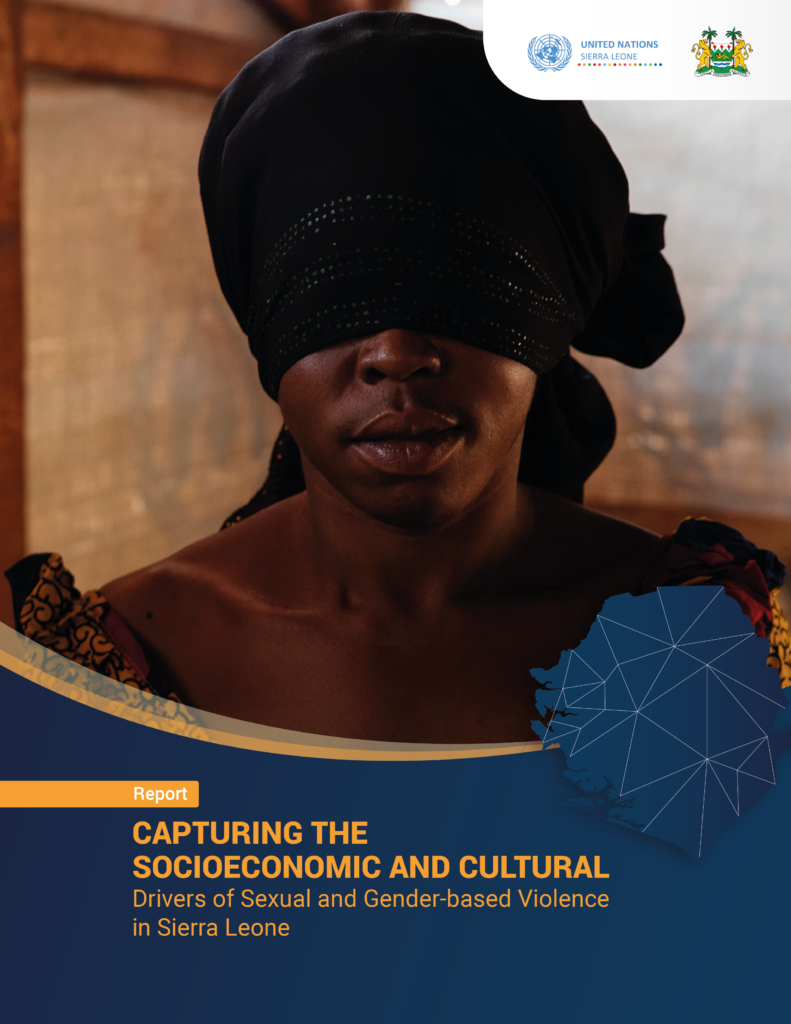

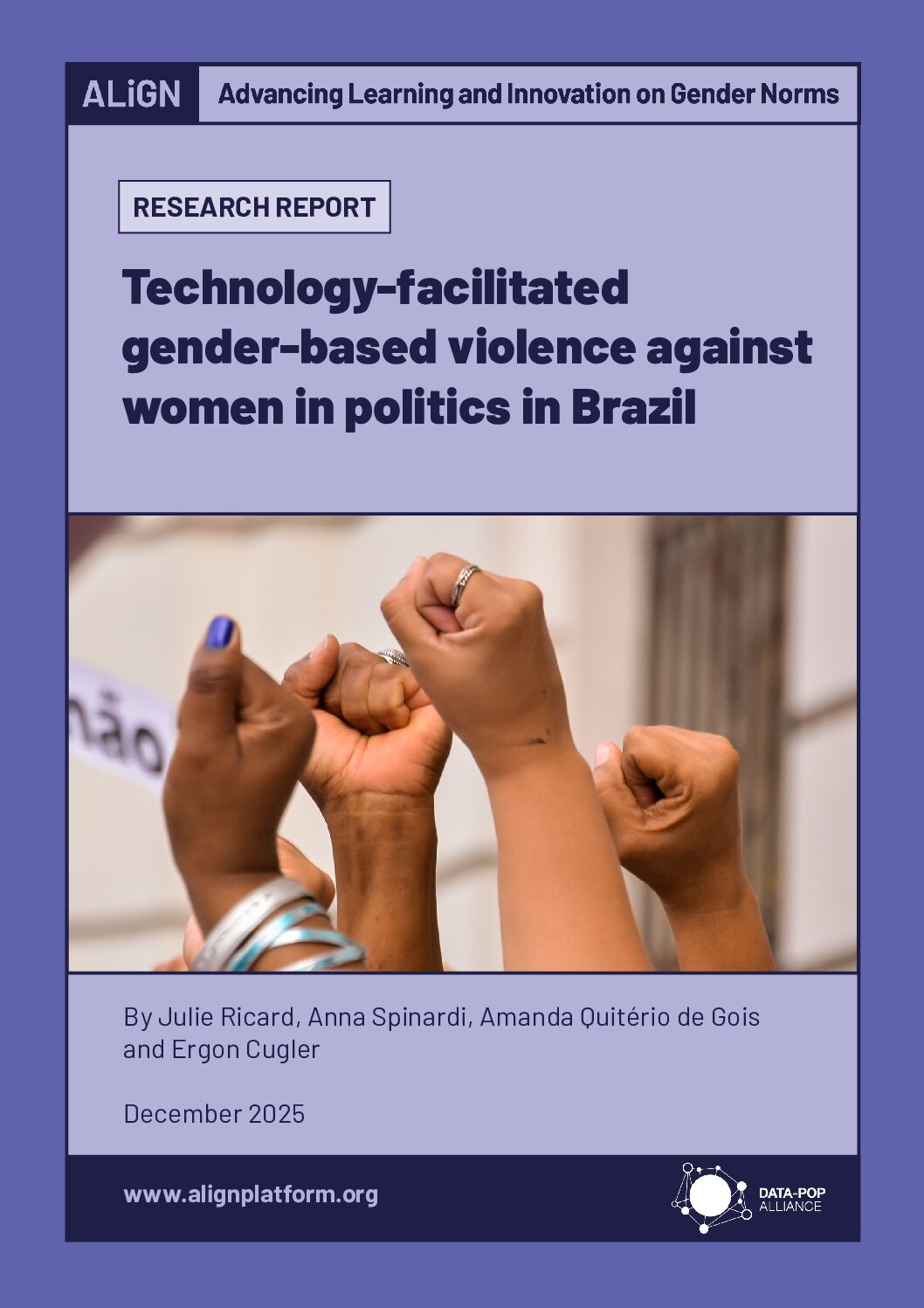
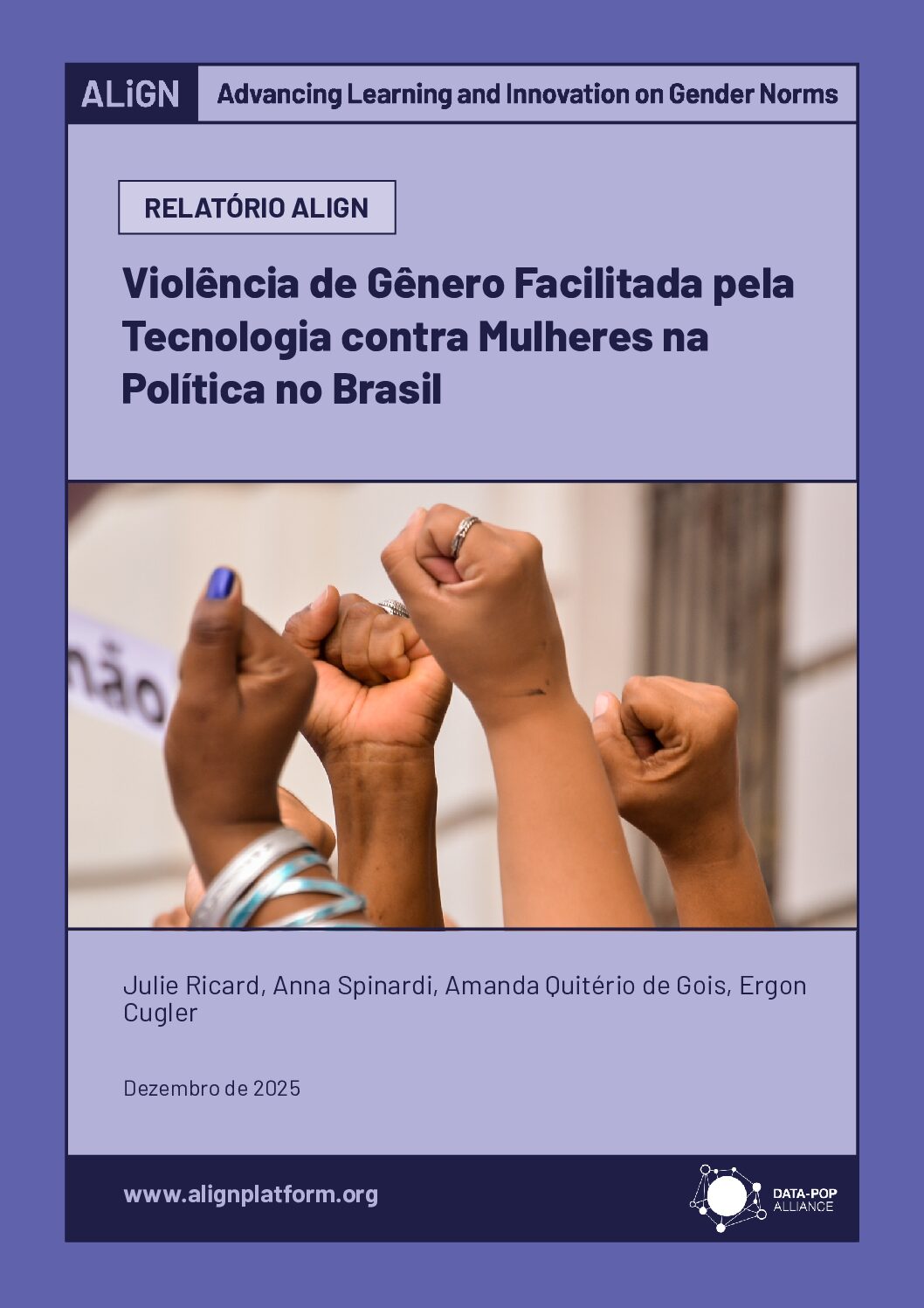
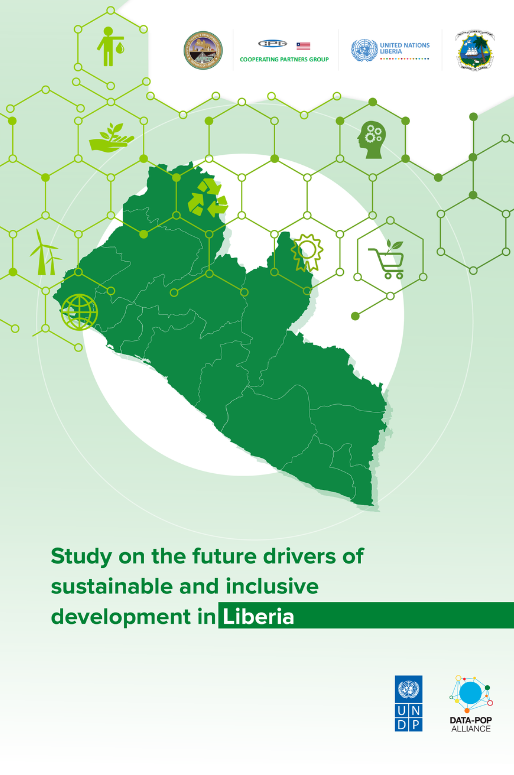

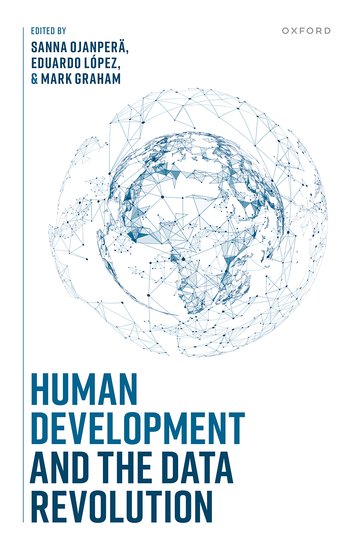
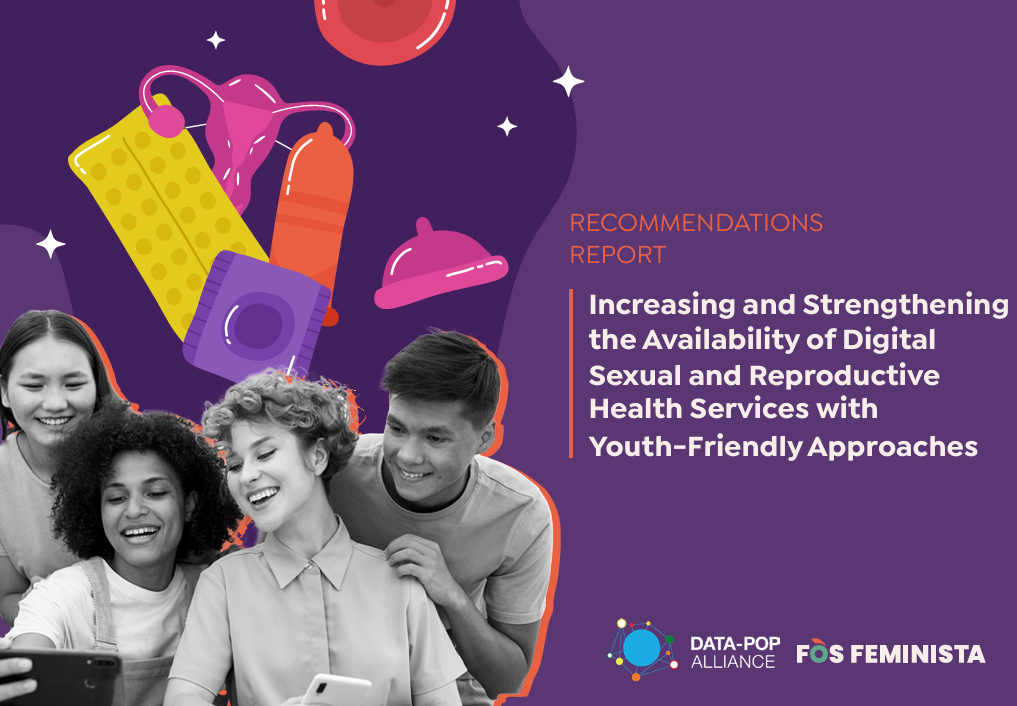
![[P124] cover Bangladesh_Report](https://datapopalliance.org/wp-content/uploads/2025/04/P124-cover-Bangladesh_Report.png)

![[WEB] Feature Blog Post](https://datapopalliance.org/wp-content/uploads/2025/02/WEB-Feature-Blog-Post-.png)
